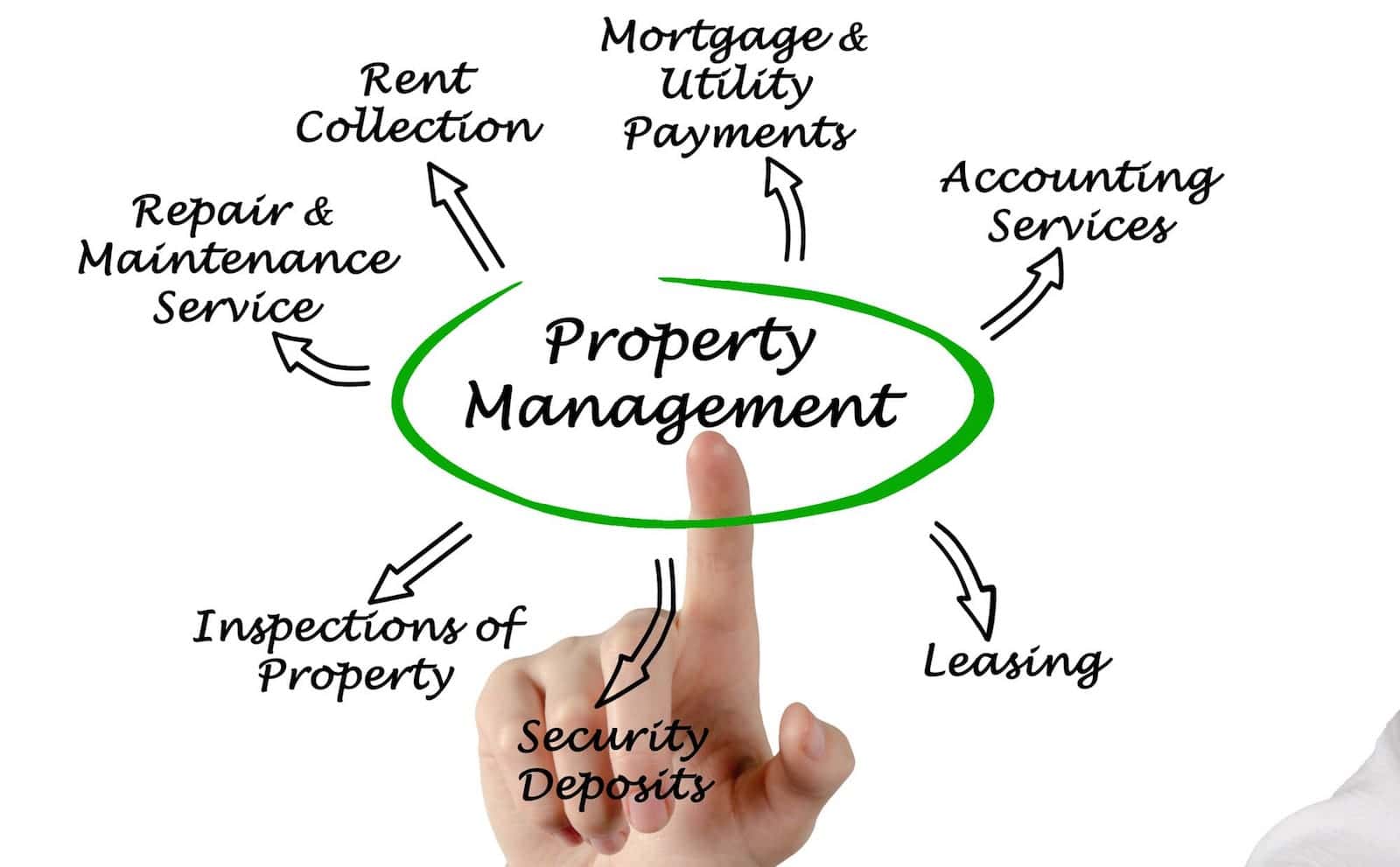Property management is a multifaceted profession that involves overseeing a wide range of tasks related to the ownership and operation of real estate. Whether you’re managing a single-family home or a large apartment complex, effective property management is crucial for the success and profitability of your investment. In this blog, we will explore the top five priorities of property management to help property owners and managers navigate the complex world of real estate management.
Tenant Relations and Communication:
One of the most critical aspects of property management is maintaining positive tenant relations. Happy tenants are more likely to stay longer, pay rent on time, and take care of the property. Effective communication is key to achieving this. Property managers should be responsive to tenant inquiries, address maintenance issues promptly, and maintain open lines of communication. Building trust and rapport with tenants can lead to smoother operations and fewer disputes.
Property Maintenance and Repairs:
Maintaining the physical condition of the property is paramount. Regular inspections, preventative maintenance, and timely repairs are essential to keep the property in good shape and to prevent more significant and costly problems down the road. Property managers should establish a maintenance schedule, respond quickly to repair requests, and ensure that all safety codes and regulations are met.
Financial Management:
Property management involves handling a variety of financial responsibilities, including rent collection, budgeting, and expense management. Property managers need to set competitive rental rates, enforce lease agreements, and keep accurate financial records. Additionally, they should create and adhere to a budget that covers operating expenses, maintenance costs, and any unforeseen emergencies. Proper financial management is crucial for maintaining profitability and avoiding financial pitfalls.
Legal Compliance and Risk Management:
Property managers must stay up-to-date with local, state, and federal housing laws and regulations to ensure that the property remains compliant. This includes understanding fair housing laws, eviction procedures, and lease agreements. Failure to comply with these regulations can lead to costly legal disputes and damage to the property’s reputation. Effective risk management also involves carrying the appropriate insurance coverage to protect against unforeseen events like natural disasters or liability claims.
Marketing and Tenant Acquisition:
Filling vacancies promptly with qualified tenants is essential for maximizing rental income. Property managers should have a well-thought-out marketing strategy that includes online listings, advertising, and networking within the community. They should also screen potential tenants rigorously to ensure they meet rental criteria and are likely to be responsible renters. A thorough screening process can help prevent future problems and ensure that the property remains occupied by reliable tenants.
Property management is a multifaceted field that requires careful attention to various priorities. By focusing on tenant relations and communication, property maintenance and repairs, financial management, legal compliance, and effective marketing and tenant acquisition, property managers can create a solid foundation for success in the real estate industry. Whether you’re a property owner or a professional property manager, these priorities should guide your efforts to ensure the long-term profitability and sustainability of your real estate investments.


